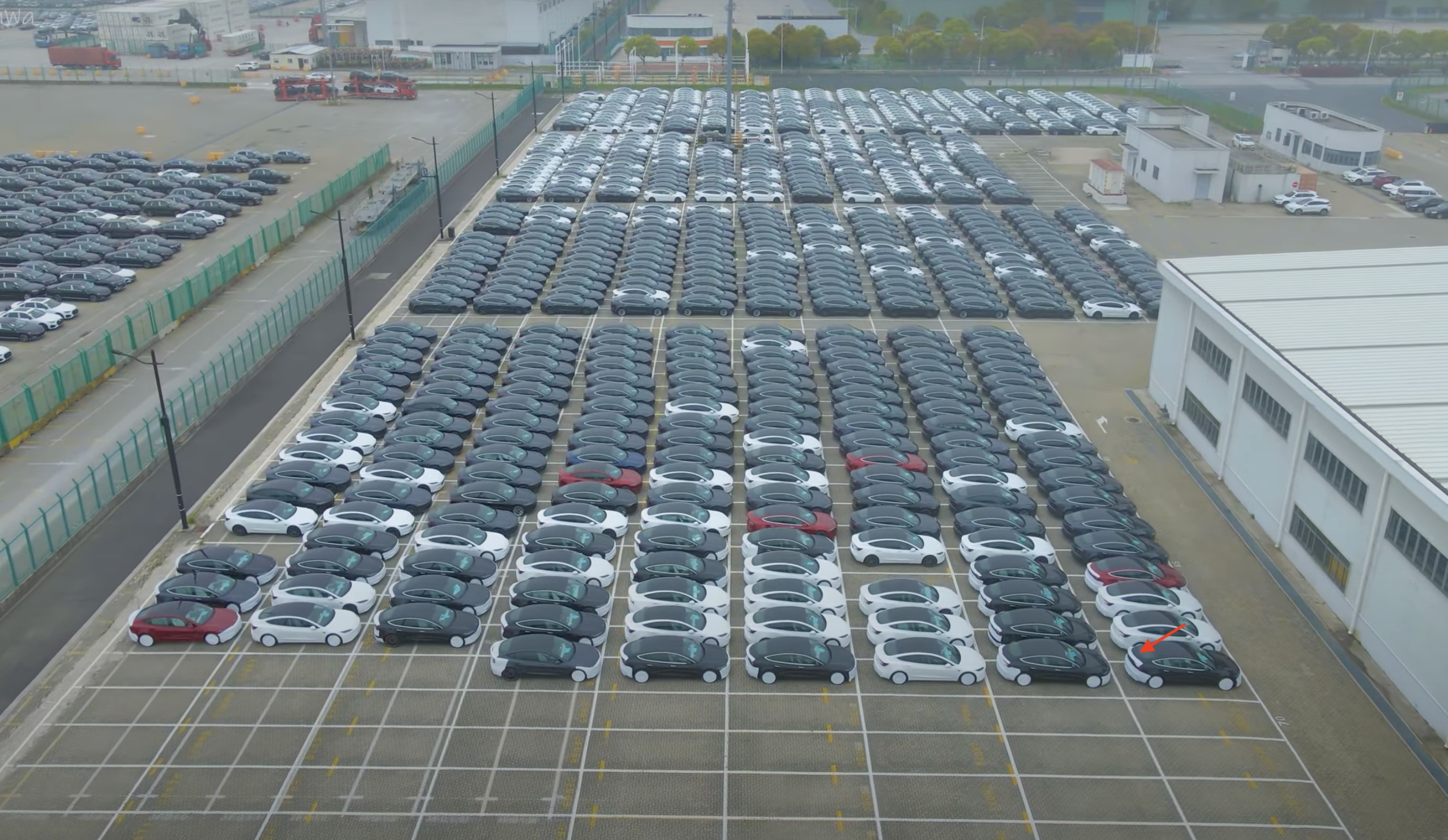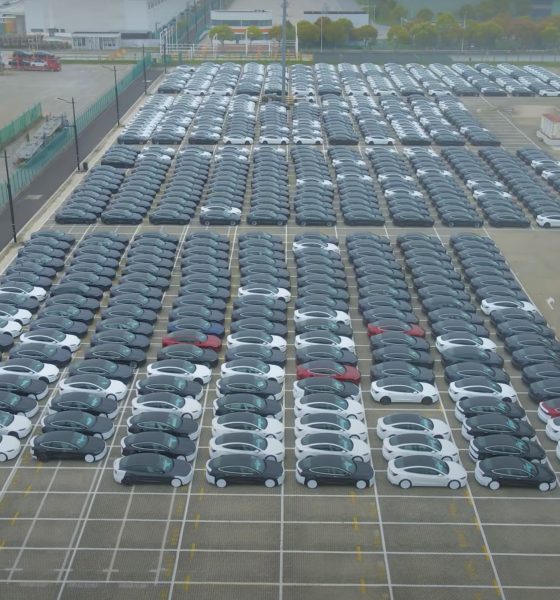Amidst a major auto industry shift to electric vehicles (EVs) and software-driven mobility, a new survey shows that almost all drivers want to have ownership over their own vehicle data—though consumer awareness on data privacy and ownership are still lacking.
As part of a survey of over 1,300 adults who lease or own vehicles that they drive at least once a week, car insurance app Jerry reported last month that 96 percent of respondents said they should be able to own any data generated by their vehicles. Similarly, 78 percent of those surveyed reported that they were either uncomfortable or extremely uncomfortable with having their data collected by automakers already.
You can see a few insights from the survey below, or check out the full report here.
Credit: Jerry Credit: Jerry Credit: Jerry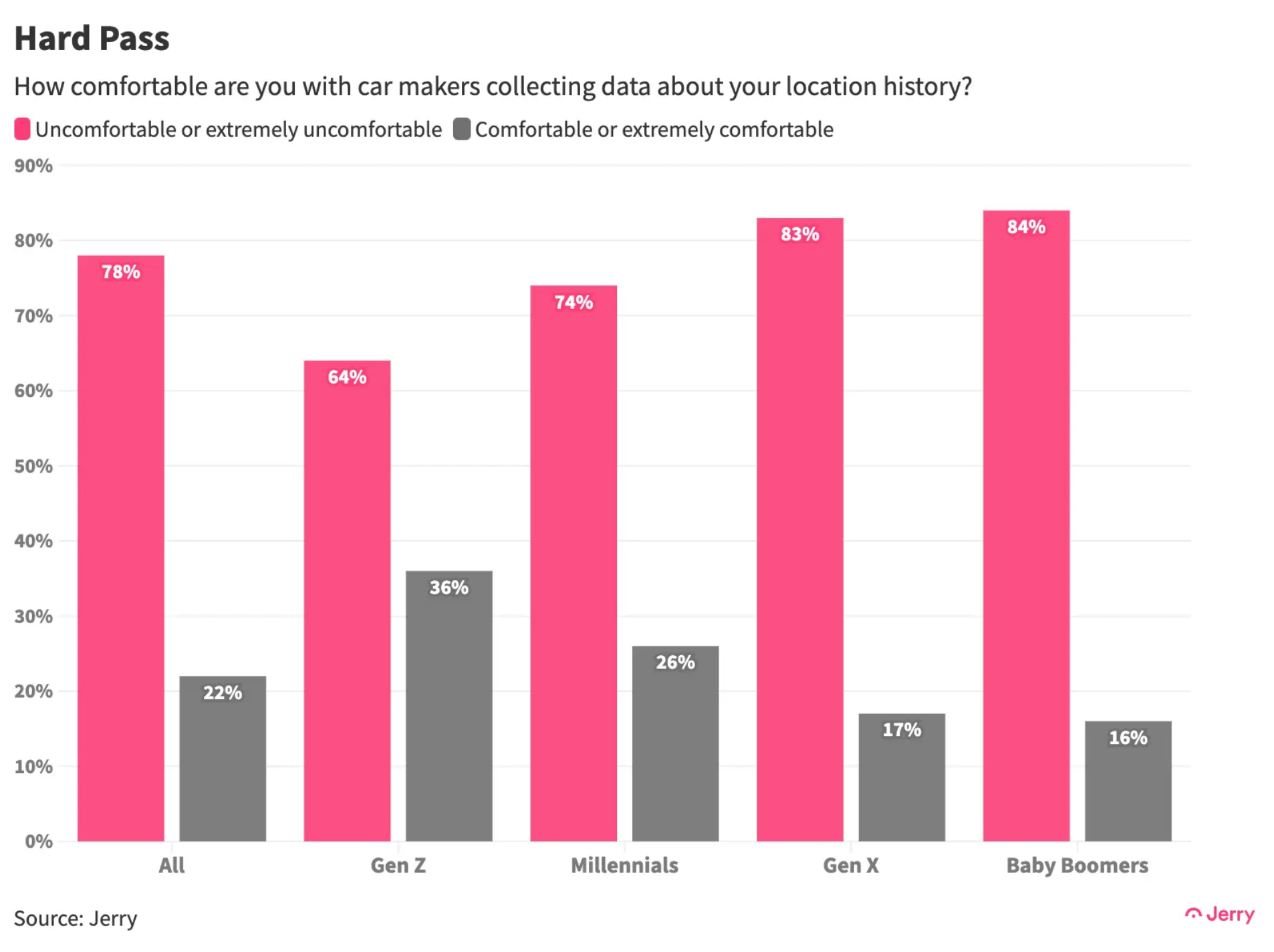
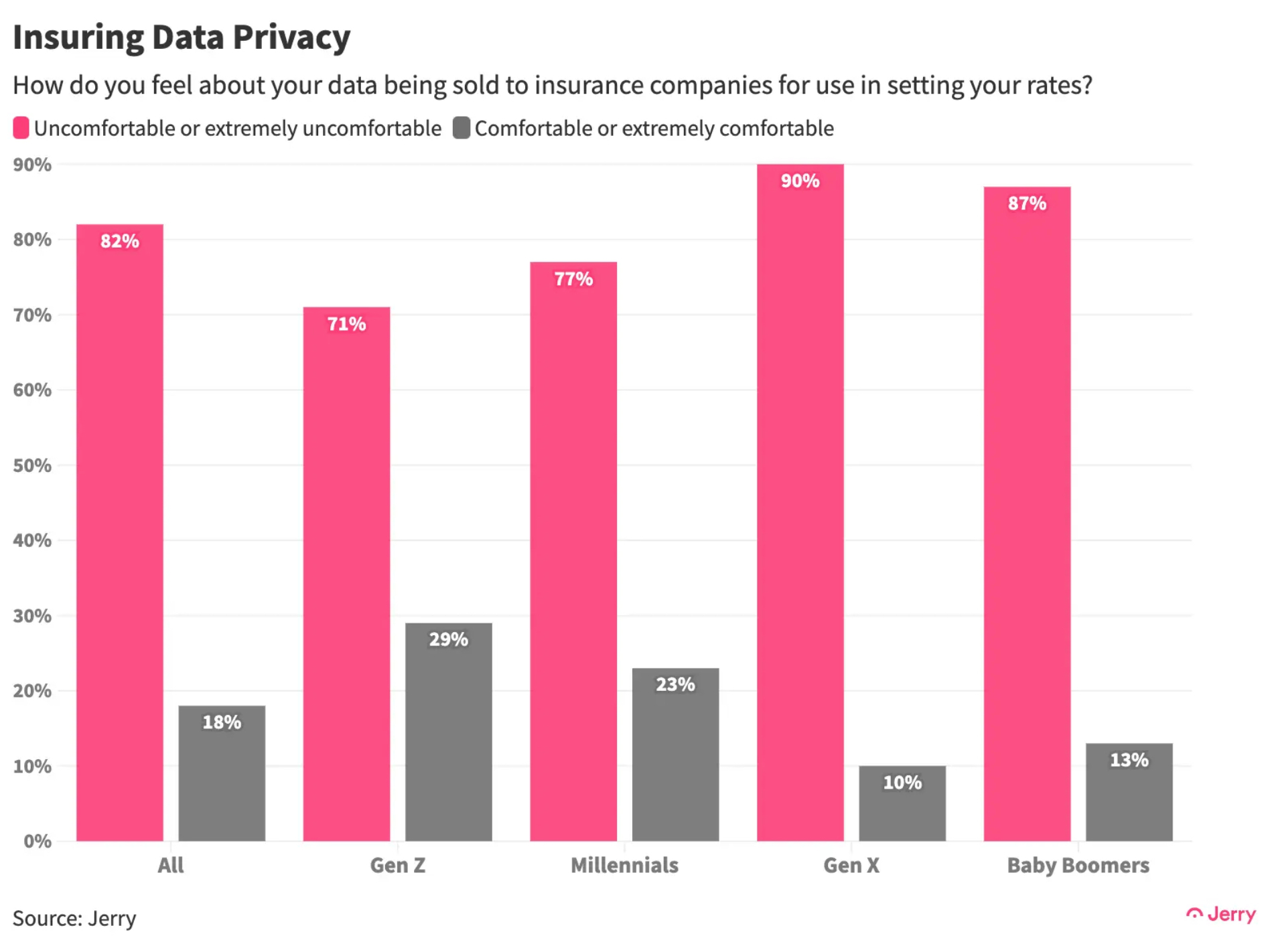
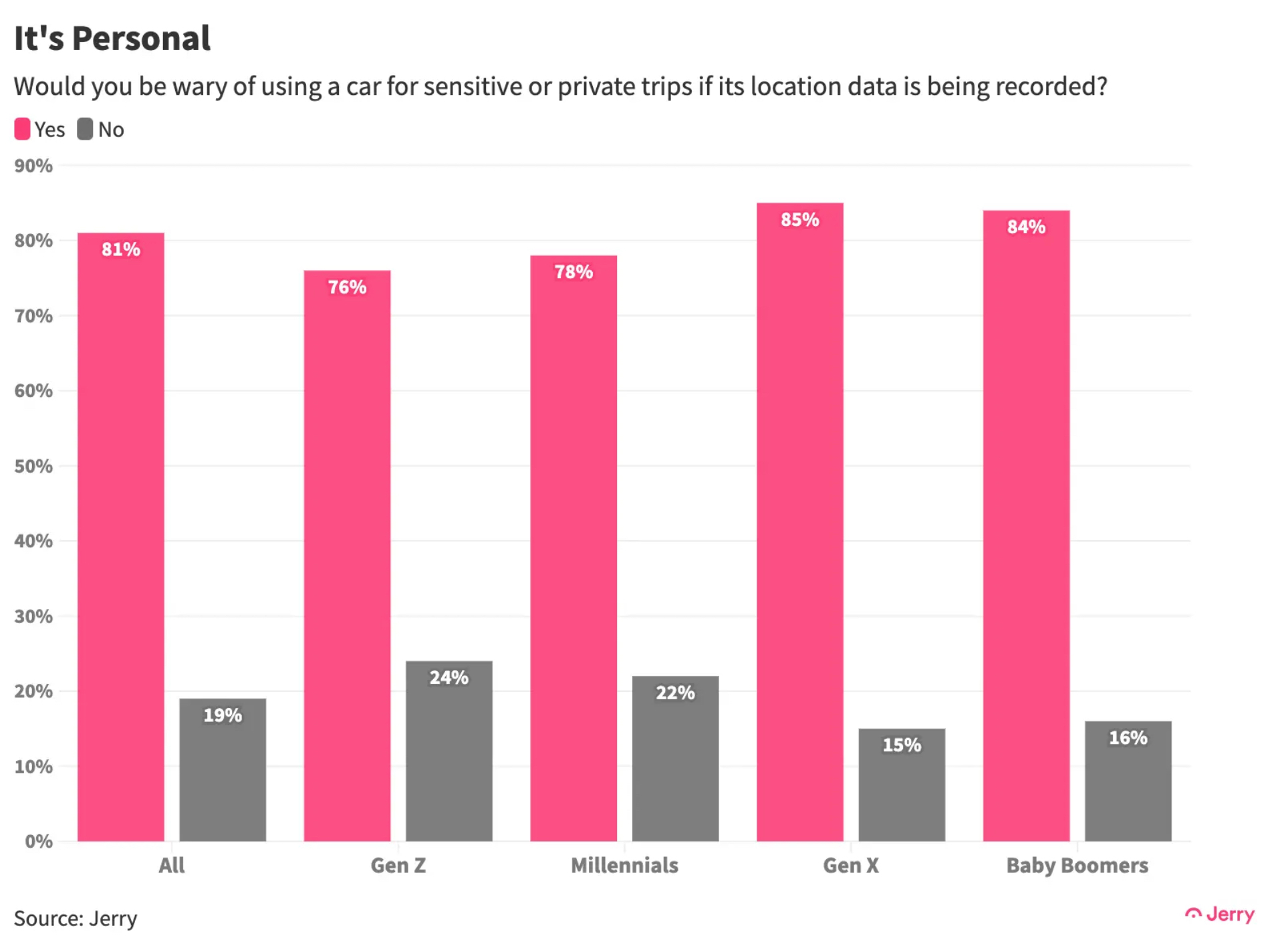
“People were nearly unanimous” in “thinking that they should own the data that is generated by their cars,” said Henry Hoenig, Jerry data journalist, in a statement to Automotive News.
The results come as many companies plan to use vehicle data as a consistent revenue stream, including manufacturers, insurance providers, and data brokers. On the consumer side, many may not be fully aware of how their vehicles are being connected to the internet, nor how their data is being used.
Data Collection in Modern Cars and Consumer Awareness
Teslarati spoke with Andy Chatham, co-founder of the connected vehicle platform Digital Infrastructure for Moving Objects (DIMO), about vehicle data ownership and privacy. He notes that modern cars include substantial amounts of data collection, such as Tesla’s 360-degree camera view around the cars as just one example. However, he also says that consumers are less likely to be aware of their vehicles’ data collection practices than they are with their cell phones.
“Generally, your vehicle is the most expensive or the second most expensive asset that you own, and traditionally people are very aware that their phones and their computers are connected to the internet,” Chatham said. “But especially with modern cars, it’s not always obvious that the car is also connected to the internet.”
Chatham says that most automakers aren’t generally following best practices surrounding cybersecurity, noting that many let third-party sub-contractors make those decisions for them, alongside other companies in the supply chain.
“Generally, [automakers are] not following best practices when it comes to how the vehicles are networked and how cybersecurity practices are implemented,” Chatham adds.
“I see a pretty big transition from the world of buying a phone and understanding that this is a device that has a lot of data collection going on, and buying a car and maybe acknowledging that once at the beginning, but never really understanding what that actually means.”
Chatham also says companies should open up their APIs for other developers to create applications using that data, and let vehicle owners access their own vehicle data and toggle permissions directly from their cars—not unlike what Tesla is currently doing.
However, even Tesla’s approach to vehicle data may leave a few things to be desired, and the company is one of many automakers to have faced legal action over the matter. Still, the DIMO co-founder estimates that Tesla is roughly three to five years ahead of the industry, perhaps except for Rivian.
Chatham also notes that as applications for car data improve more and more, and perhaps even offer certain data monetization options for consumers, owners will become more aware of vehicle connectedness. Still, the transition to this new public paradigm could be tricky for both consumers and developers.
“In order for that to even exist in the first place, there’s a chicken and egg problem, because developers don’t want to go cut separate deals with 10 different OEMs and get them to like agree to certain terms and use different APIs. They just won’t,” Chatham adds. “They just want to build to one thing, which is what they’re used to with both. It’s honestly a big enough pain in the ass to get developers to build an iOS and Android app and deal with two separate terms of service.”
“In the car world, Toyota is the biggest automaker and they’re, what, like 15 percent of cars? So it’s not the same dynamic, and then choice is the biggest thing that allows people to protect their own privacy because a lot of consumers don’t care.”
Automakers and the Use of Vehicle Data
Earlier this year, General Motors (GM) reported ceasing a partnership with one data broker, after discovering that the company had been selling customer data to insurance companies without gaining their consent. Public backlash ensued, and affected consumers said they witnessed inexplicable increases for their monthly insurance premiums, which were ultimately traced back to the telemetry program that had shared their data.
Ford and Progressive Insurance were involved in a similar case that brought data ownership and privacy to light in 2022. Last year, Mozilla said that all 25 car companies it examined as part of a study on privacy collected more personal data than necessary, even calling them “privacy nightmares.”
Unlike some companies, Tesla doesn’t sell or rent consumer data to third-party companies, though it does collect driver information on a fleet scale for its own purposes, as the company explains on its website.
“We’re committed to protecting you anytime you get behind the wheel of a Tesla vehicle. That commitment extends to your data privacy,” Tesla writes on its web page dedicated to the topic of privacy. “Our privacy protections aim to go beyond industry standards, ensuring your personal data is never sold, tracked or shared without your permission or knowledge.”
Tesla Insurance data has driven changes to vehicle design: Elon Musk
What are your thoughts? Let me know at zach@teslarati.com, find me on X at @zacharyvisconti, or send us tips at tips@teslarati.com.

Elon Musk
Tesla to increase Full Self-Driving subscription price: here’s when
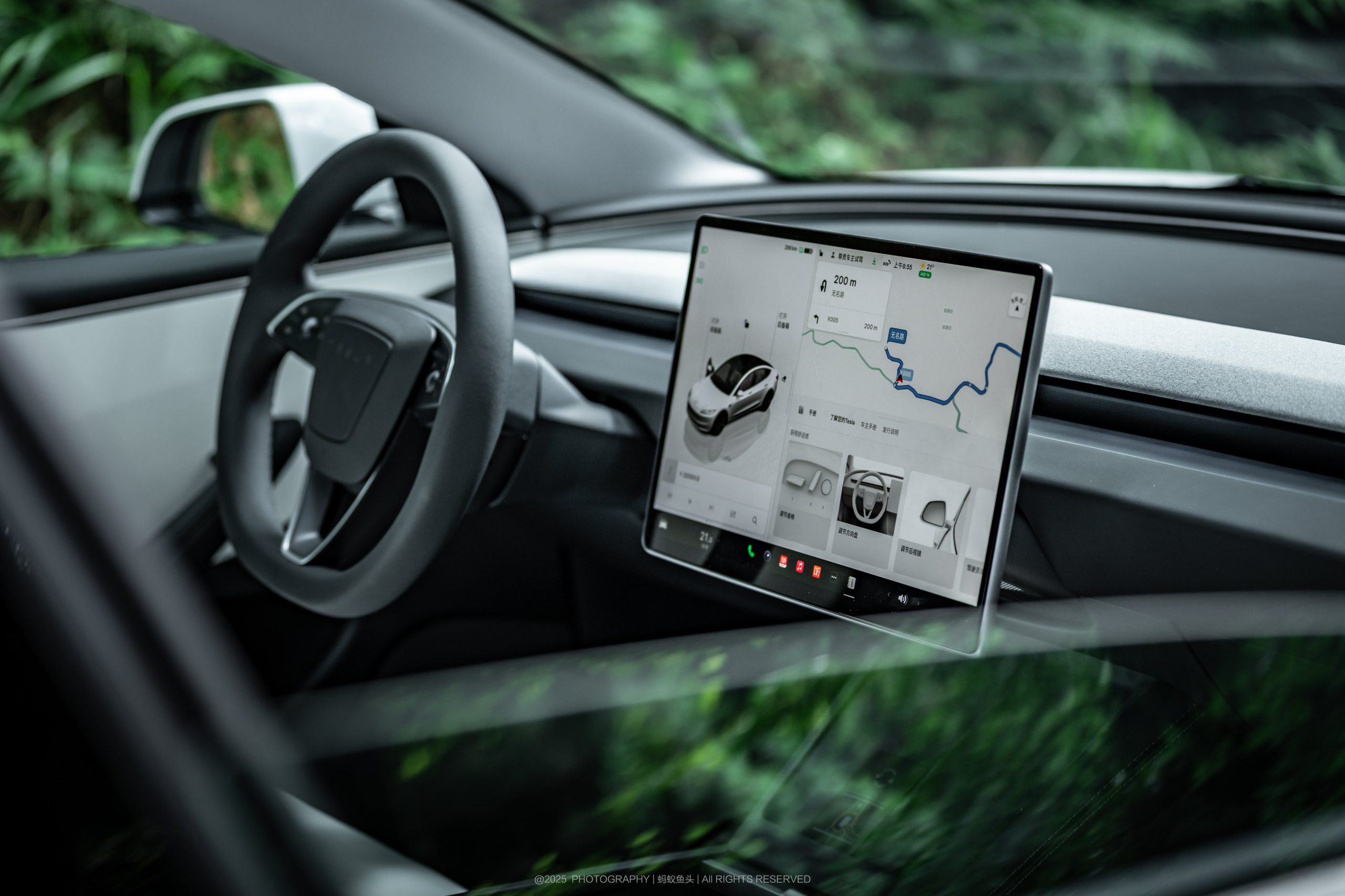
Tesla will increase its Full Self-Driving subscription price, meaning it will eventually be more than the current $99 per month price tag it has right now.
Already stating that the ability to purchase the suite outright will be removed, Tesla CEO Elon Musk said earlier this week that the Full Self-Driving subscription price would increase when its capabilities improve:
“I should also mention that the $99/month for supervised FSD will rise as FSD’s capabilities improve. The massive value jump is when you can be on your phone or sleeping for the entire ride (unsupervised FSD).”
This was an expected change, especially as Tesla has been hinting for some time that it is approaching a feature-complete version of Full Self-Driving that will no longer require driver supervision. However, with the increase, some are concerned that they may be priced out.
$99 per month is already a tough ask for some. While Full Self-Driving is definitely worth it just due to the capabilities, not every driver is ready to add potentially 50 percent to their car payment each month to have it.
While Tesla has not revealed any target price for FSD, it does seem that it will go up to at least $150.
I should also mention that the $99/month for supervised FSD will rise as FSD’s capabilities improve.
The massive value jump is when you can be on your phone or sleeping for the entire ride (unsupervised FSD). https://t.co/YDKhXN3aaG
— Elon Musk (@elonmusk) January 23, 2026
Additionally, the ability to purchase the suite outright is also being eliminated on February 14, which gives owners another reason to be slightly concerned about whether they will be able to afford to continue paying for Full Self-Driving in any capacity.
Some owners have requested a tiered program, which would allow people to pay for the capabilities they want at a discounted price.
Unsupervised FSD would be the most expensive, and although the company started removing Autopilot from some vehicles, it seems a Supervised FSD suite would still attract people to pay between $49 and $99 per month, as it is very useful.
Tesla will likely release pricing for the Unsupervised suite when it is available, but price increases could still come to the Supervised version as things improve.
This is not the first time Musk has hinted that the price would change with capability improvements, either. He’s been saying it for some time. In 2020, he even said the value of FSD would “probably be somewhere in excess of $100,000.”
The FSD price will continue to rise as the software gets closer to full self-driving capability with regulatory approval. It that point, the value of FSD is probably somewhere in excess of $100,000.
— Elon Musk (@elonmusk) May 18, 2020
News
Tesla starts removing outright Full Self-Driving purchase option at time of order

Tesla has chosen to axe the ability to purchase Full Self-Driving outright from a select group of cars just days after CEO Elon Musk announced the company had plans to eliminate that option in February.
The company is making a clear-cut stand that it will fully transition away from the ability to purchase the Full Self-Driving suite outright, a move that has brought differing opinions throughout the Tesla community.
Earlier this week, the company also announced that it will no longer allow buyers to purchase Full Self-Driving outright when ordering a pre-owned vehicle from inventory. Instead, that will be available for $99 per month, the same price that it costs for everyone else.
The ability to buy the suite for $8,000 for a one-time fee at the time of order has been removed:
NEWS: Tesla no longer allows buyers to purchase FSD outright in the U.S. when ordering a pre-owned vehicle directly from inventory. Tesla now gives you the option to either subscribe for $99/month, or purchase FSD outright after taking delivery (available until February 14th). pic.twitter.com/1xZ0BVG4JB
— Sawyer Merritt (@SawyerMerritt) January 23, 2026
This is a major move because it is the first time Tesla is eliminating the ability to purchase FSD outright for one flat fee to any of its vehicles, at least at the time of purchase.
It is trying to phase out the outright purchase option as much as it can, preparing people for the subscription-based service it will exclusively offer starting on February 14.
In less than a month, it won’t be available on any vehicle, which has truly driven some serious conversation from Tesla owners throughout the community.
There’s a conflict, because many believe that they will now lose the ability to buy FSD and not pay for it monthly, which is an attractive offer. However, others believe, despite paying $8,000 for FSD, that they will have to pay more money on top of that cost to get the unsupervised suite.
Additionally, CEO Elon Musk said that the FSD suite’s subscription price would increase over time as capabilities increase, which is understandable, but is also quite a conflict for those who spent thousands to have what was once promised to them, and now they may have to pay even more money.
News
Tesla Robotaxi has a highly-requested hardware feature not available on typical Model Ys
These camera washers are crucial for keeping the operation going, as they are the sole way Teslas operate autonomously. The cameras act as eyes for the car to drive, recognize speed limit and traffic signs, and travel safely.
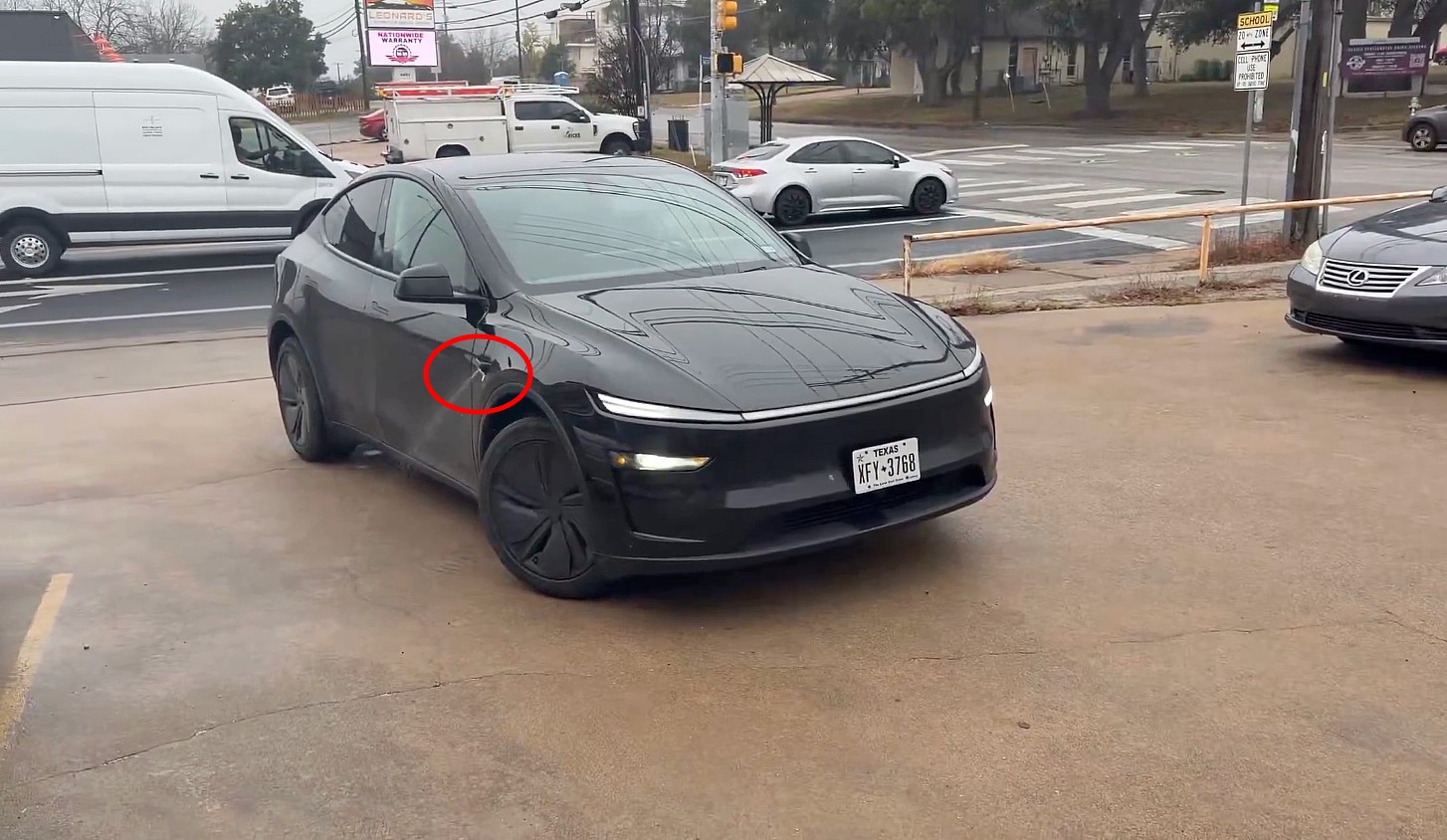
Tesla Robotaxi has a highly-requested hardware feature that is not available on typical Model Ys that people like you and me bring home after we buy them. The feature is something that many have been wanting for years, especially after the company adopted a vision-only approach to self-driving.
After Tesla launched driverless Robotaxi rides to the public earlier this week in Austin, people have been traveling to the Lone Star State in an effort to hopefully snag a ride from one of the few vehicles in the fleet that are now no longer required to have Safety Monitors present.
BREAKING: Tesla launches public Robotaxi rides in Austin with no Safety Monitor
Although only a few of those completely driverless rides are available, there have been some new things seen on these cars that are additions from regular Model Ys, including the presence of one new feature: camera washers.
With the Model Y, there has been a front camera washer, but the other exterior “eyes” have been void of any solution for this. For now, owners are required to clean them manually.
In Austin, Tesla is doing things differently. It is now utilizing camera washers on the side repeater and rear bumper cameras, which will keep the cameras clean and keep operation as smooth and as uninterrupted as possible:
🚨 Tesla looks to have installed Camera Washers on the side repeater cameras on Robotaxis in Austin
pic.twitter.com/xemRtDtlRR— TESLARATI (@Teslarati) January 23, 2026
Rear Camera Washer on Tesla Robotaxi pic.twitter.com/P9hgGStHmV
— TESLARATI (@Teslarati) January 24, 2026
These camera washers are crucial for keeping the operation going, as they are the sole way Teslas operate autonomously. The cameras act as eyes for the car to drive, recognize speed limit and traffic signs, and travel safely.
This is the first time we are seeing them, so it seems as if Safety Monitors might have been responsible for keeping the lenses clean and unobstructed previously.
However, as Tesla transitions to a fully autonomous self-driving suite and Robotaxi expands to more vehicles in the Robotaxi fleet, it needed to find a way to clean the cameras without any manual intervention, at least for a short period, until they can return for interior and exterior washing.
